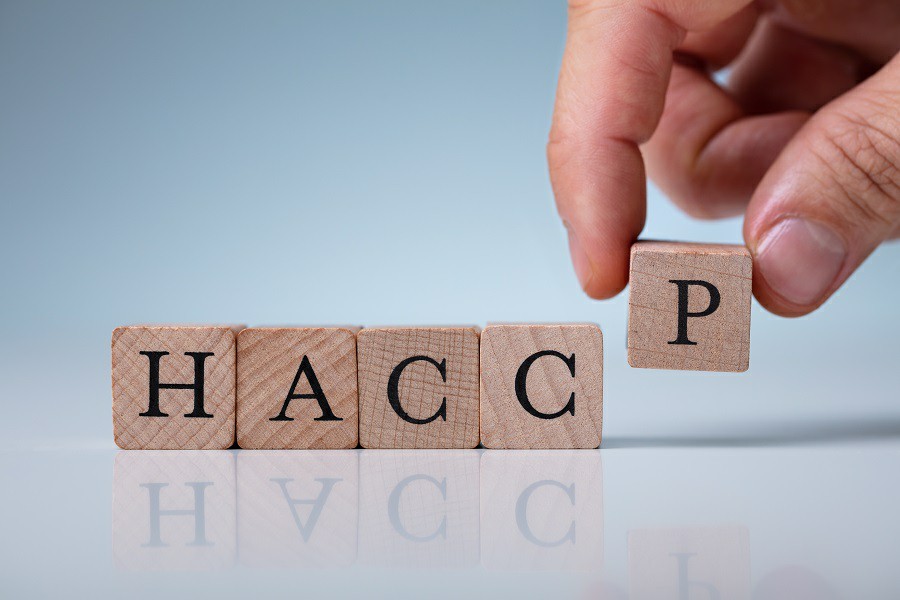


 349,500 Offered Certificates
349,500 Offered Certificates
 24/7 Online Training
24/7 Online Training
 Money Back Guarantee
Money Back Guarantee
 Fully Accredited Courses
Fully Accredited Courses

Created at: 26-02-2025 12:47
In today’s competitive food industry landscape, maintaining high standards of food safety is not just a legal necessity but a fundamental business practice. For restaurants, catering services, food manufacturers, and hospitality businesses across Dublin, Cork, Galway, Limerick, Waterford, and Belfast, obtaining HACCP certification through structured HACCP training courses is crucial for compliance with food safety laws and for protecting public health.
Hazard Analysis and Critical Control Point (HACCP) is a systematic approach to food safety that focuses on hazard prevention during production and preparation processes. By understanding HACCP principles, food professionals can identify potential food safety risks, implement control measures, and ensure that their establishments operate at the highest hygiene standards.
In Ireland, food businesses are mandated to comply with food safety laws that align with EU regulations. HACCP training courses equip food handlers with the necessary knowledge to implement these laws effectively. By obtaining HACCP certification, businesses demonstrate their commitment to food safety, mitigate risks of foodborne illnesses, and avoid potential legal repercussions.
Compliance with HACCP not only ensures food safety—it also offers various business advantages:
Obtaining your HACCP certification can be broken down into manageable steps:
With the rise of digital learning, businesses can choose between online HACCP training and traditional in-person courses. Here’s a quick comparison:
Many businesses make mistakes while implementing HACCP. Here are some common pitfalls and solutions:
Employees who are well-versed in the principles of HACCP are more likely to maintain a high standard of hygiene. This not only enhances food safety but also fosters a culture of accountability and care. Customers are more likely to trust establishments that prioritize safety measures, leading to an impact on sales and customer retention.
In summary, obtaining HACCP certification is essential for food businesses in Ireland for ensuring compliance, reducing risks, and protecting public health. Businesses in Dublin, Cork, Galway, Limerick, Waterford, and Belfast must prioritize HACCP training as an integral part of their operations.
Enroll in an accredited HACCP training course today! For inquiries, reach us at [email protected].